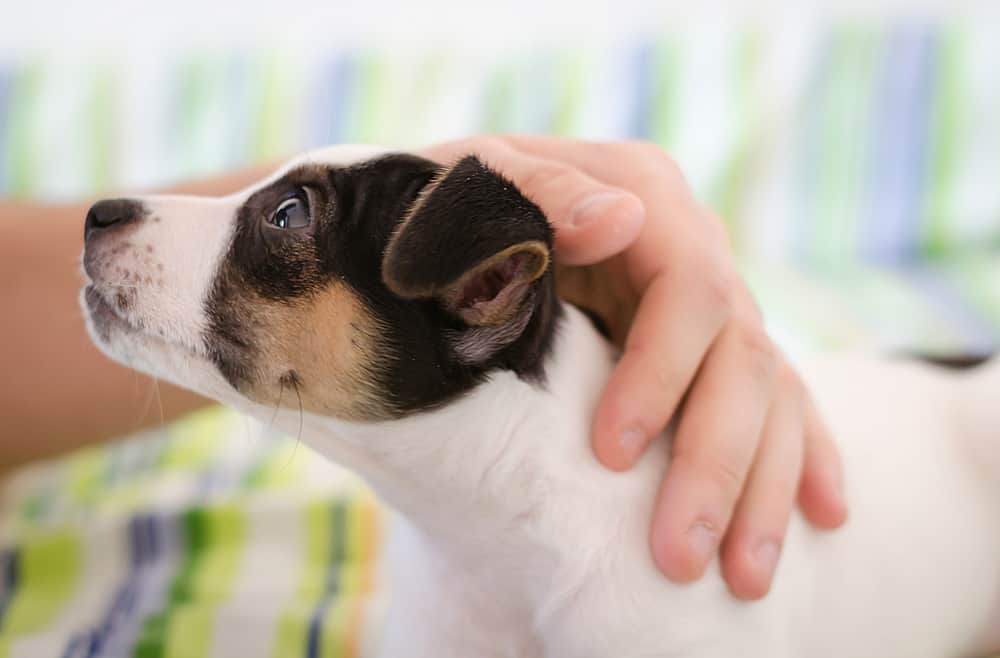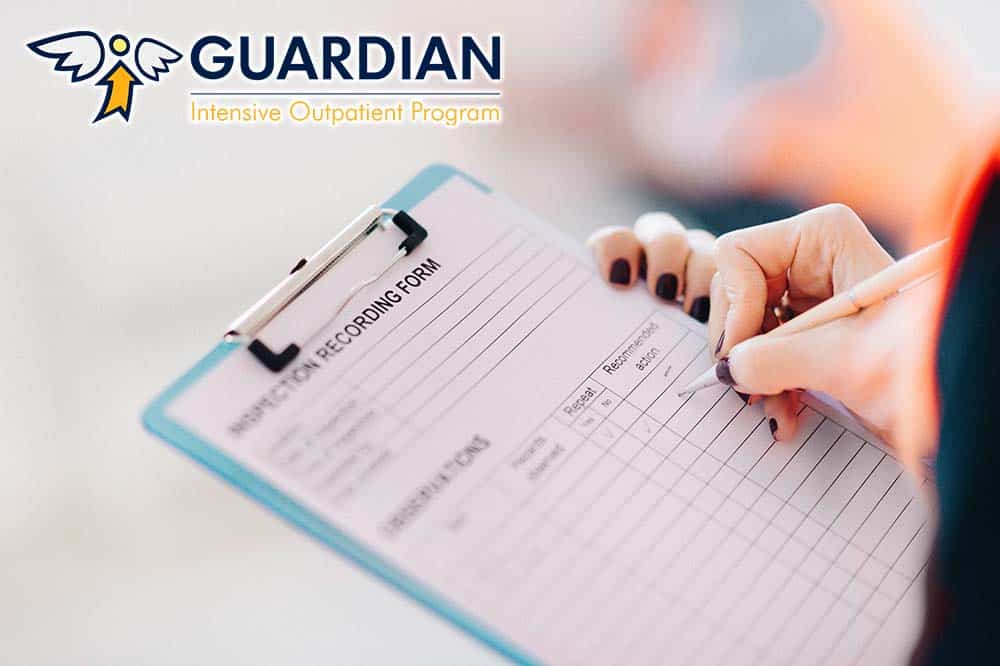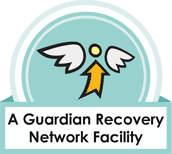If you’ve ever had a pet, you know how strong the bond between human and animal can be, and that bond has a lot of therapeutic potential that extends beyond just spending time with an animal.
Animal-assisted therapy programs are showing up in hospitals, substance abuse programs, and schools. In some cases, like the substance abuse treatment setting, it can involve specific strategies and outcome measures. It can be extremely beneficial for people who are resistant to substance abuse treatment or have difficulting accessing their emotions, which is integral to recovery.
Clinical studies have found that animal-assisted therapy can:
- Promote the release of serotonin, prolactin and oxytocin, hormones that are known to improve mood.
- Reduce anxiety, stress and loneliness.
- Lower blood pressure.
- Improve cardiovascular health.
- Reduce pain.
- Regulate breathing.
How Does Animal-Assisted Therapy Work?
We know that substance abuse treatment isn’t just about drugs and alcohol. Many people in recovery have suffered trauma or are dealing with depression, anxiety or post-traumatic stress disorder, and they may be hesitant to trust others and open up in traditional forms of talk therapy. True healing requires vulnerability, so it can be discouraging for client and counselor when a client in early recovery is withdrawn and reluctant to share.
But animals are accepting, non-confrontational and non-judgmental, immediately putting people at ease and making them more comfortable opening up. The nonverbal communication between humans and animals proves beneficial in the therapeutic setting. Clients build trust and compassion; experience reduced stress and anxiety; and, in turn, improve their relationships with counselors and treatment staff. A more positive, accepting mindset lends itself to a more productive therapeutic process and improved treatment outcomes.
Animal-assisted therapy is not considered a standalone treatment modality like other forms of therapy, such as CBT, but it can be combined with different types of treatment to maximize outcomes.
Forms of Animal Therapy
In the therapeutic setting, the two most common ways animals are involved are through pet therapy and animal-assisted therapy.
Pet therapy is where volunteers take their pets to schools or hospitals to lift people’s spirits, such as after surgery or during treatment. This form of therapy is mostly about the joy and sense of calm people feel being around an animal. Sometimes a therapy dog will just sit there quietly while being petted, or they’ll visit a hospital to provide a calming effect on doctors, nurses and patients in the high-stress environment of an emergency room.
Animal-assisted therapy incorporates animals into treatment plans. The most common animals used are dogs (canine-assisted therapy) and horses (equine-assisted therapy). This type of animal therapy is particularly useful in the therapeutic setting because it helps strengthen the relationship between therapist and patient and improves patient motivation.
Benefits of Equine-Assisted Therapy
At Guardian IOP, clients work with a specially trained therapist who is certified to work with horses in the therapeutic environment in our equine therapy program. Clients spend time with the animal, caring for them or doing specific, therapist-led activities, such as leading or riding the horse.
Although these activities seem purely fun and recreational, it helps clients make a significant amount of progress in recovery. Guiding the horse through a series of exercises helps the client develop leadership skills, build trust and improve self-esteem–skills that will help them succeed in recovery. It also enhances a client’s emotional state and helps them feel more comfortable in the one-on-one therapy setting.
Addiction treatment isn’t just about drugs and alcohol. Addiction is a disease, and substance abuse is a symptom that affects mind, body and spirit. Healing each aspect of a person’s well-being is critical if long-term recovery is going to occur. As the approach to addiction treatment continues to evolve, animal-assisted therapy will likely become more commonplace because it can improve a person’s outlook and help them achieve better treatment outcomes.
Contact a Guardian IOP Treatment Advisor at (888) 693-1894 for more information about our equine therapy program and our other services.

Reviewed for accuracy by:
Anna Marie Barrett LCSW, CYT
Anna earned her Masters of Social Work at Barry University in Miami, FL in 2017 and completed her internship in co-occurring disorders. Anna has a Bachelors of Art in Religious Studies from Naropa University and is a certified yoga and meditation instructor. Anna has received specialized training in somatic counseling with an emphasis on body-centered psychotherapy.




















